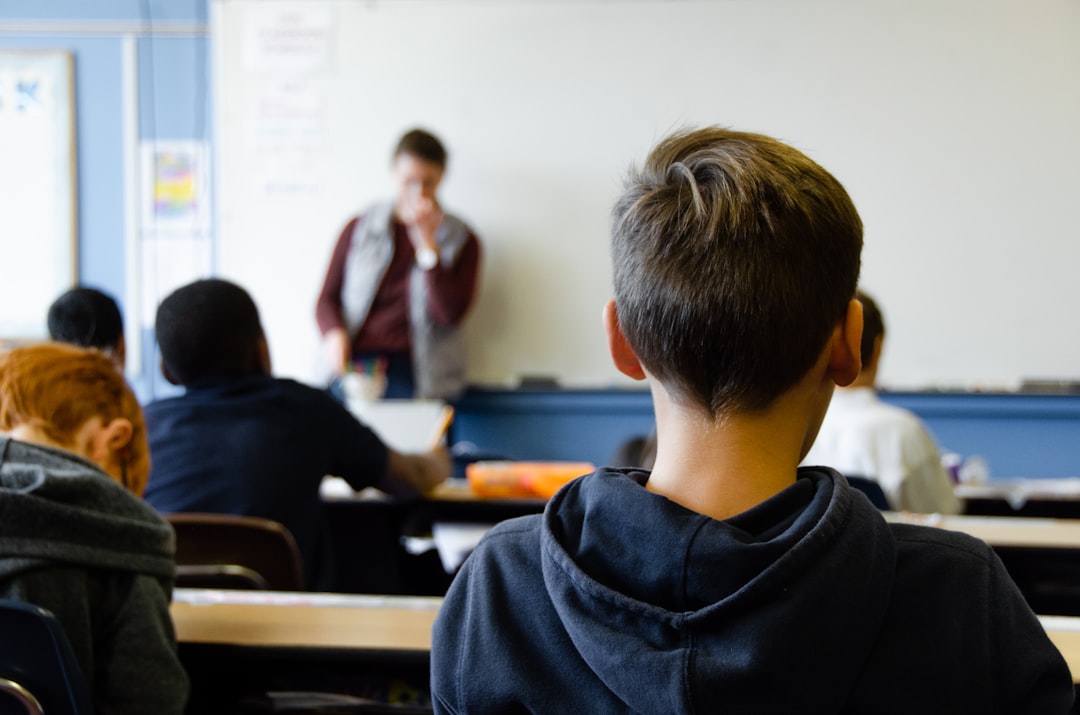What explains Volkswagen's woes?
Germany's largest carmaker is in trouble. The firm's unusual ownership model has played its part.

Dear Reader,
On the one hand, you have Volkswagen. On the other, you have the Social Democrats, Germany’s oldest Volkspartei.
As their names imply, one builds cars for the everyman, and the other crafts politics for him.
But with a touch of nostalgia, I should say "built" and "crafted." Gone are the days when the Social Democrats could claim to speak for the broad masses of Germany's lower and middle classes. These days, the Sozis can barely muster double digits in some state elections.
Volkswagen’s claim to build a people’s car is also based on past glories.
The company that gave us the Beetle and the Golf—cars that almost anyone could afford—has yet to bring an affordable electric vehicle to the market. Its cheapest, the ID.3, currently costs €34,000 - and that's after heavy discounts VW is forced to offer in a price war with Chinese manufacturer BYD.
Even then, Germans just aren’t interested in electric vehicles. Since the government stopped subsidising them at the end of last year, orders have collapsed.
At the same time, VW is a victim of its past success. Its mid-market cars are so well-built (I can personally attest as the owner of a Caddy that’s clocked up 300,000 kilometres and is still going strong) that customers hold onto them longer. With the cost of living skyrocketing, drivers are keeping old cars rather than forking out for new ones.
More importantly, VW’s key market in China is under attack from local competitors whose EVs not only go further, they are also more affordable.
Put simply, VW is in big trouble. In the words of CEO Oliver Blume: “the cake is getting smaller and there are more guests at the table.”
With a €5 billion hole in its balance sheet, Volkswagen AG - owner of Porsche, Audi and Skoda - made the shock announcement last week that it will start mass layoffs and factory closures in its core brand.
Given that we are talking about a brand that employs over 100,000 people in Germany—not to mention being the tip of the iceberg in a chain of suppliers—the news hit like a bolt of lightning. Headlines about VW sneezing and Germany catching a cold practically wrote themselves.
“The government must finally wake up to reality,” demanded CDU leader Friedrich Merz. “Germany isn’t competitive anymore.” “Volkswagen isn’t a one-off,” warned the Frankfurter Allgemeine Zeitung, adding that other industrial giants were also teetering on the brink due to high energy prices and over-powerful unions.
So, are the troubles at VW - the jewel in the crown of German industry - a sign of worse things to come?
Not necessarily.
Despite its association with German industrial might, the Wolfsburg-based carmaker is an oddity to say the least. With its half-state, half-private ownership model, it is as much East German Volkseigener Betrieb as West German Aktiengesellschaft.
This is a company that has added 100,000 employees to its payroll over the past decade while somehow managing to build fewer cars. Some of its factories are running at 20% of production capacity, yet cutting staff remains taboo.
It is a company whose major markets are on the other side of the globe but which still insists on centring its manufacturing in a single German region.
Why?
Because, unlike any other German carmaker, VW is part-owned by the state. A relic of the Nazi era, Volkswagen was handed to the state of Lower Saxony by the Allies after the war. When it was partly privatised in 1960, the state government in Hanover kept its hands on the reins.
A special law—the VW-Gesetz—stipulates that major investment decisions require the approval of 80% of shareholders, and since Lower Saxony still owns 20.2%, it holds veto power. The law also grants workers a say on the location of production sites.
The result: pork barrel politics extraordinaire.
Having largely governed Lower Saxony since the war, the Social Democrats have had a seat on the firm’s shareholder council for the best part of the past 80 years. While that position should entail looking out for the interests of shareholders, the SPD have a vested interest in keeping jobs in the state.
From Emden on the North Sea to Wolfsburg, VW runs six factories in the state and employs over 100,000 people there. Thanks to job guarantees that have lasted three decades, the SPD have kept a happy voter base.
If there’s a person who embodies the cosy relationship between VW and the SPD, it’s Sigmar Gabriel—Germany’s powerful vice-chancellor during the Merkel era. As governor of Lower Saxony between 1999 and 2003, Gabriel sat on VW's supervisory board. In 2005, he became embroiled in scandal over VW putting SPD politicians on its payroll when a consultancy firm he co-owned was found to have received a €100,000 contract from the carmaker.
By 2008, when Gabriel was federal environment minister, his ministry ignored warnings that car firms were using "cheat software" to manipulate diesel emissions. When US regulators caught VW in the act seven years later, Gabriel, now the economy minister, said he trusted the carmaker to investigate the affair itself. His main concern? That the company’s loyal workers didn’t pay the price. Not for nothing was Gabriel nicknamed "Comrade Car Boss."
No incident highlights the relationship between VW and the SPD more than Dieselgate, a scam in which the carmaker hid the fact that its diesel engines emitted up to 35 times the legal limit of NOx. A statement that Lower Saxony’s government gave in the aftermath of the revelations was vetted by VW before the state governor could read it out.
Close connections to the political elite have undoubtedly had their benefits. As economy minister, Gabriel brought in a multi-billion euro electric car subsidy just before VW turned its Zwickau plant to building EV only.
But the SPD’s split allegiances have also been a millstone around the company’s neck.
In 2021, then CEO Herbert Diess tried to take inspiration from Tesla by radically simplifying construction processes as he attempted to pivot towards fully electric. Diess’ revolution would have led to 30,000 layoffs, many of them in Wolfsburg. The company’s powerful works committee declared war on the CEO, and the Lower Saxony state government sided with the workers. Diess, a hate figure among company staff, was given his marching orders three months before the state election.
His successor, Oliver Blume, long tried to walk a tightrope, promising savings without job cuts. But economic reality has now caught up with him, too.
With VW now in an existential crisis, will the SPD side with other shareholders in making painful decisions? Unlikely. In Lower Saxony, the party has made clear that, if jobs have to be cut, then it will have to be elsewhere. Meanwhile, federal labour minister Hubertus Heil (born just south of Wolfsburg) declared: “It’s our responsibility to protect VW factories - all of them - and avoid redundancies.”
Luckily for VW, the SPD don’t just sit on its shareholder committee - they hold the keys to the federal budget, too. Within days of the carmaker announcing the looming cuts, Olaf Scholz’s cabinet had agreed on a law offering tax breaks to firms that buy EVs for company fleets. The estimated cost? €600 million a year.
That is what things have come to then: The people’s carmaker building vehicles for the managerial classes... subsidised by the people’s party.
Can Germany's rotten rail system be fixed?
You wake up in the morning, turn on the news and find that all the trains in Germany have stopped running. Sounds familiar?
The truth behind Germany's education 'disaster'
The latest PISA study has reveals a dramatic slump in attainment standards among German school pupils. What explains the collapse?





Thank you for writing this interesting article. I was not aware of many "behind the scenes" details, that you included.
One thing that is a bit confusing to me, is what was the purpose of writing it?
Exposing corruption? Grown-ups already know it's everywhere.
Criticizing Communism? This is nothing like communism.
Just can't figure out what you're trying to achieve.